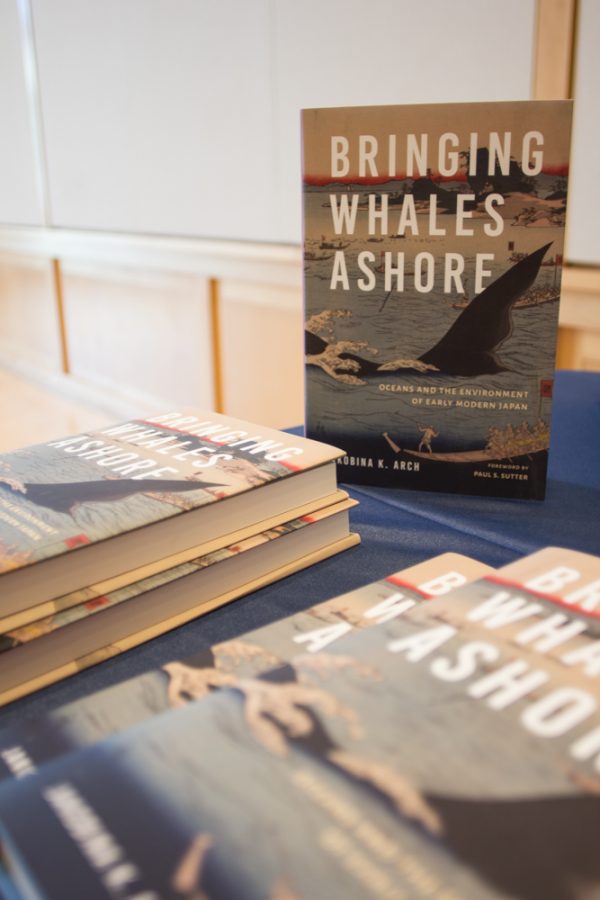 For some, the premier of the final season of Lost was yet another iteration of an annual event that primarily takes place in hopes that its finale will resolve all (or most) of the gripping mysteries used to draw so many viewers in. For others, Lost was an entirely new drug they decided to taste after years and years of peer pressure from people they once called ‘friends’ year-round, but, at least for the past six years, have only called them ‘friends’ from June-ish through January-ish.
For some, the premier of the final season of Lost was yet another iteration of an annual event that primarily takes place in hopes that its finale will resolve all (or most) of the gripping mysteries used to draw so many viewers in. For others, Lost was an entirely new drug they decided to taste after years and years of peer pressure from people they once called ‘friends’ year-round, but, at least for the past six years, have only called them ‘friends’ from June-ish through January-ish.
At least that’s what NBC execs hoped would happen with the introduction of a slightly different narratology to the series that they claimed was more newbie-friendly and less Borgesian. Since I’m not really a “newbie,” insofar as I’ve watched all the episodes, I haven’t really noticed whether the series’ supposed revamped, throwback-to-the-first-season style has worked. (Note: This is probably a good thing.)
In a seemingly supernatural feat, not unlike John Locke’s current out-of-body experience, I managed to watch all five seasons of the acclaimed television series over a three-week span of winter break, and, with the first few episodes of season six under my belt, I feel vindicated. The climactic ending to season five has paved the way for J.J. Abrams and his crew of sci-fi (not SyFy… ugh) whiz kids to return the series to its literary precursors and philosophical underpinnings.
The new season looks and feels too careful and too precise to, in the end, leave a sour taste by not offering explanations for the many mythological turns and incredible layers of realities it employs. One of the disappointments of the new season, for me anyway, is that Lost apparently won’t delve into the DHARMA Initiative backstory anymore. During the first four seasons, the monumental mystery that then became a power struggle between a multimillionaire and a puny, yet seemingly powerful character from within gave the show its enticing force. The new season seems to be less about the power struggle that will determine the future of the island and more about the emergence of two realities, one in 2004 and another in 2007, that, at their convergence, will finalize the series.
San Francisco Chronicle film critic Tim Goodman has written a pair of excellent blog posts that detail some interesting theories and expectations for the series’ final season, including a tantalizing parallel worlds theory in which Lost would attempt to prove Hugh Everett III‘s mathematical theory of quantum physics/quantum mechanics that necessitates several realities. If the show takes this route, dare I say it may end up being one of the best commercial shows ever made. It will never compete with, say, HBO’s The Wire, but it will certainly give pillars of the science fiction TV genre (see Battlestar Galactica or The X-Files) a good run for their money if it doesn’t replace them entirely.
If you’re not already as addicted to this show as you are to granola or Café ’66 Fire and Spice, it’s well worth an hour of your week and, by the series finale, should reward you with some great television. For those of you who indulge in Hulu (or TV for the antiquated), Lost is certainly the best show on right now and it is likely that it will be unrivaled until AMC’s Breaking Bad inaugurates its third season on March 21. Go get Lost; believe me, it will be worth it.




